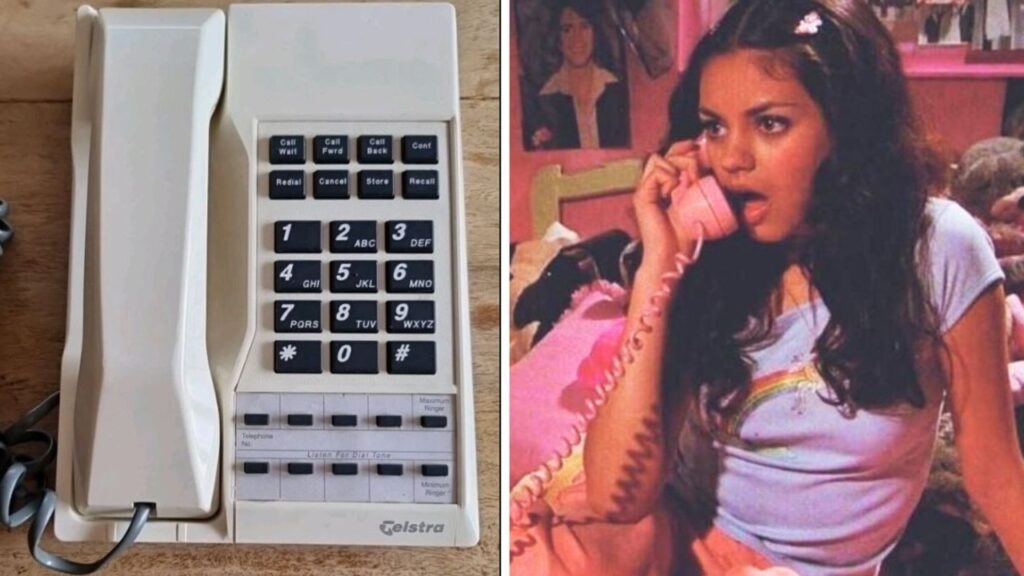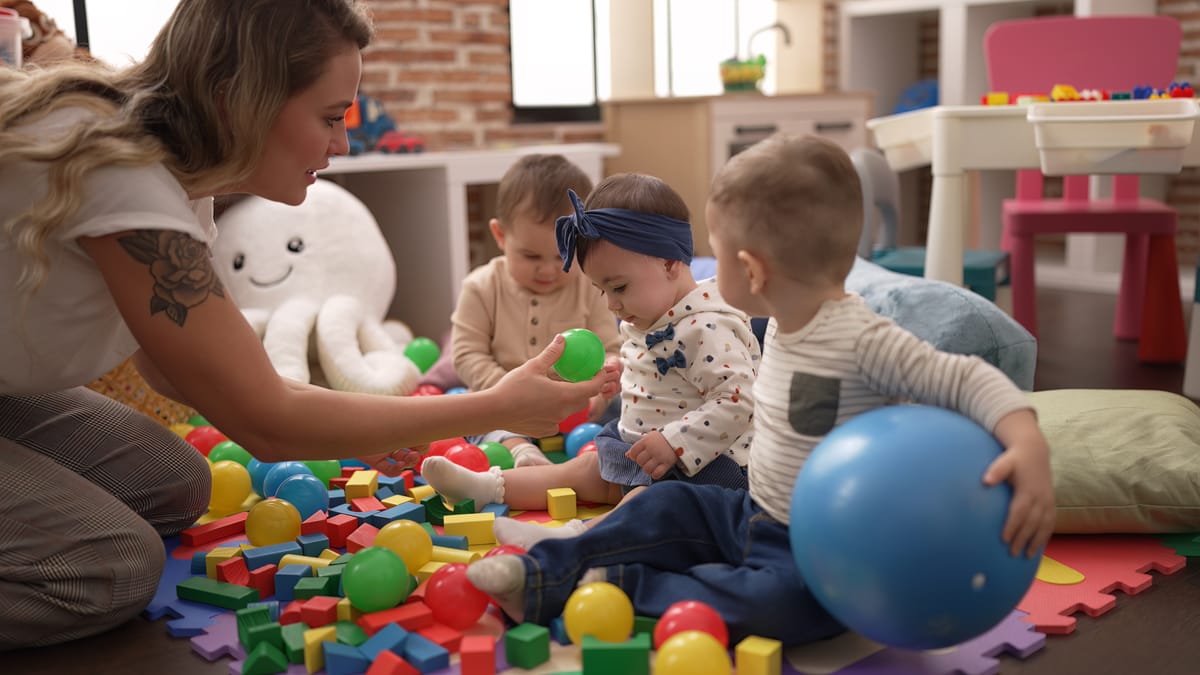
The recent ban on social media for users under 16 has sparked a debate about whether traditional forms of communication, such as the landline phone, could benefit today’s youth. Jordana Shell, a freelance writer, argues for a return to this retro technology as a means to foster genuine connections and reduce the pressures of modern digital life.
Revisiting Old Communication Methods
In an era dominated by smartphones and social media, the simplicity of a landline seems increasingly appealing. Shell reflects on the distractions of contemporary life, where constant notifications from apps like TikTok and Snapchat can divert attention from meaningful interactions. During a recent outing at a park, Shell conversed with a friend while juggling the demands of children, leading her to ponder the differences between generations.
She notes that in her youth, communication was straightforward. There were no endless scrolls through feeds or the incessant pressure to curate an online persona. The landline allowed for direct conversations, fostering connections without the distractions of social media. “A phone was just a phone,” she recalls, highlighting how this simplicity encouraged etiquette and interpersonal skills among users.
Understanding the Impact of Digital Communication
Research indicates that excessive screen time can negatively affect children’s self-esteem and brain development. Shell questions when society decided that constant online presence equated to social inclusion. She emphasizes that children should be able to converse with friends about everyday topics without feeling the need to post curated images or videos online.
“It’s not about isolation; it’s about intention,” Shell states, advocating for a technology downgrade.
The potential benefits of reintroducing landlines are considerable. With shared use in households, the landline can promote a sense of community that smartphones often lack. Shell suggests that dialling a number to make a call could not only retrain young minds to remember important numbers but also create opportunities for spontaneous conversations and genuine connections.
As more people seek genuine interactions, interest in traditional communication methods is rising. Companies like Physical Phones have reported increased demand, with products currently on backorder, indicating a shift in consumer preferences toward simpler technology.
Shell concludes by asserting that returning to landlines could help children learn to connect without the distractions of modern technology. “Sometimes, the best way forward is a step back,” she reflects, suggesting that this retro item could play a pivotal role in fostering authentic relationships among youth today.







